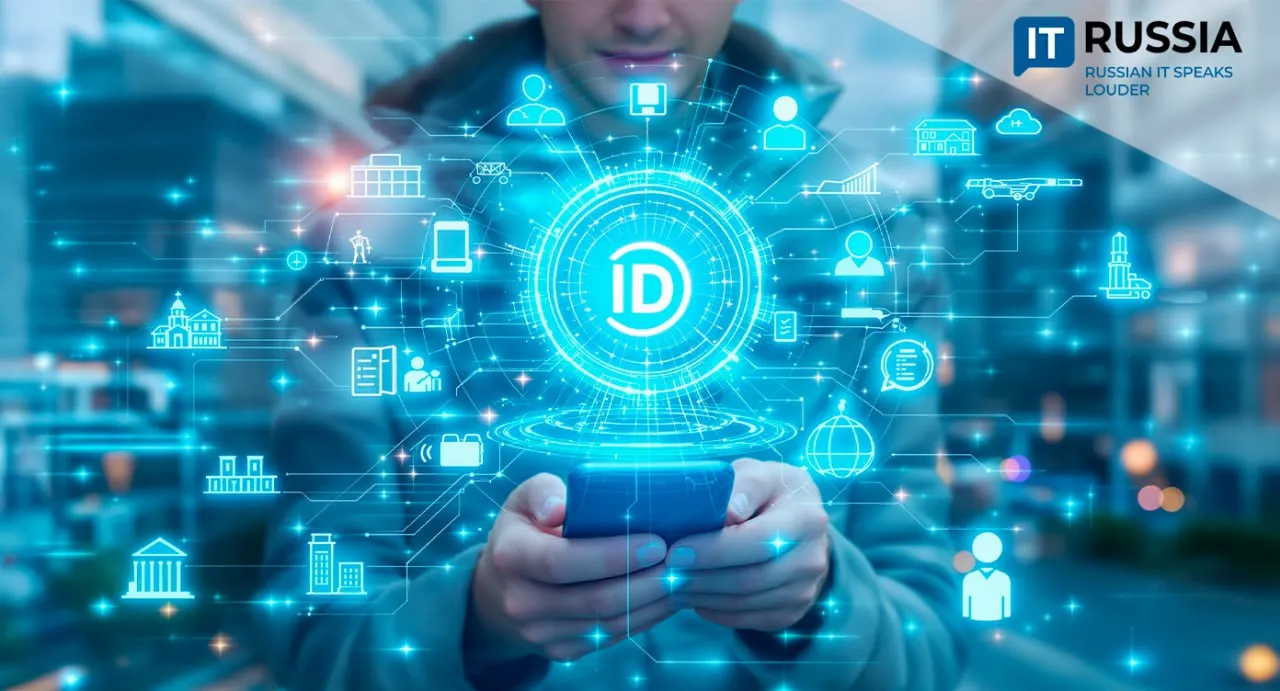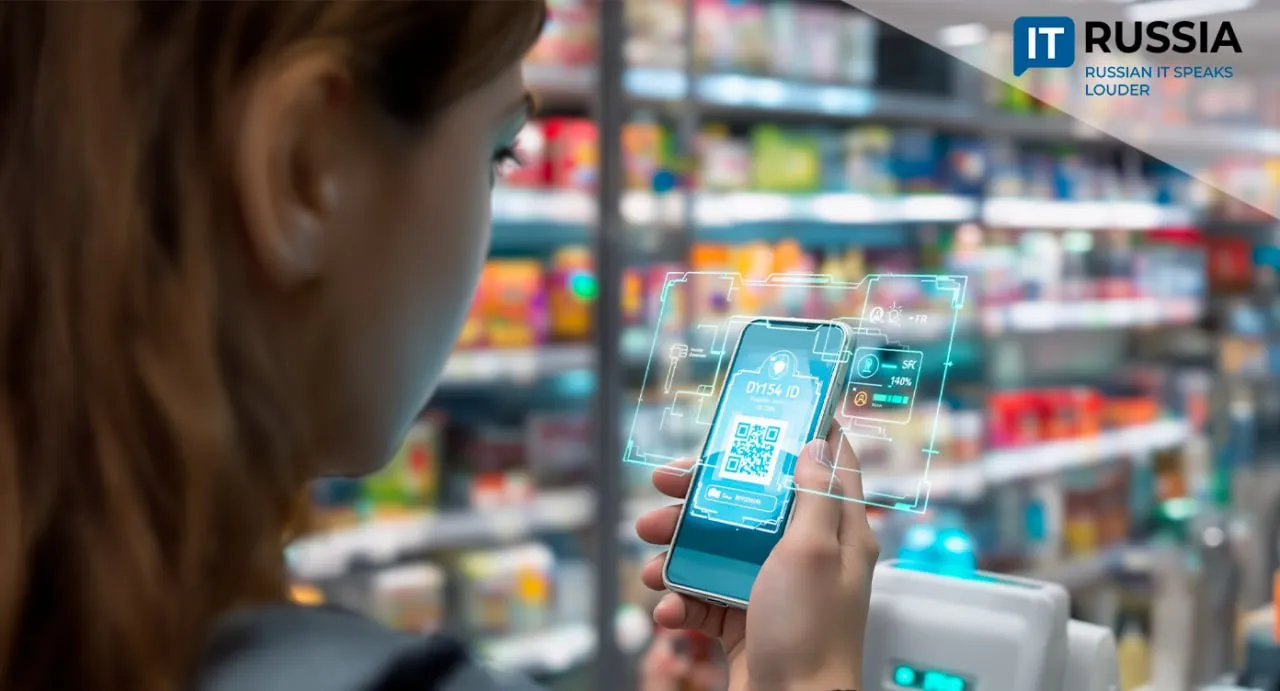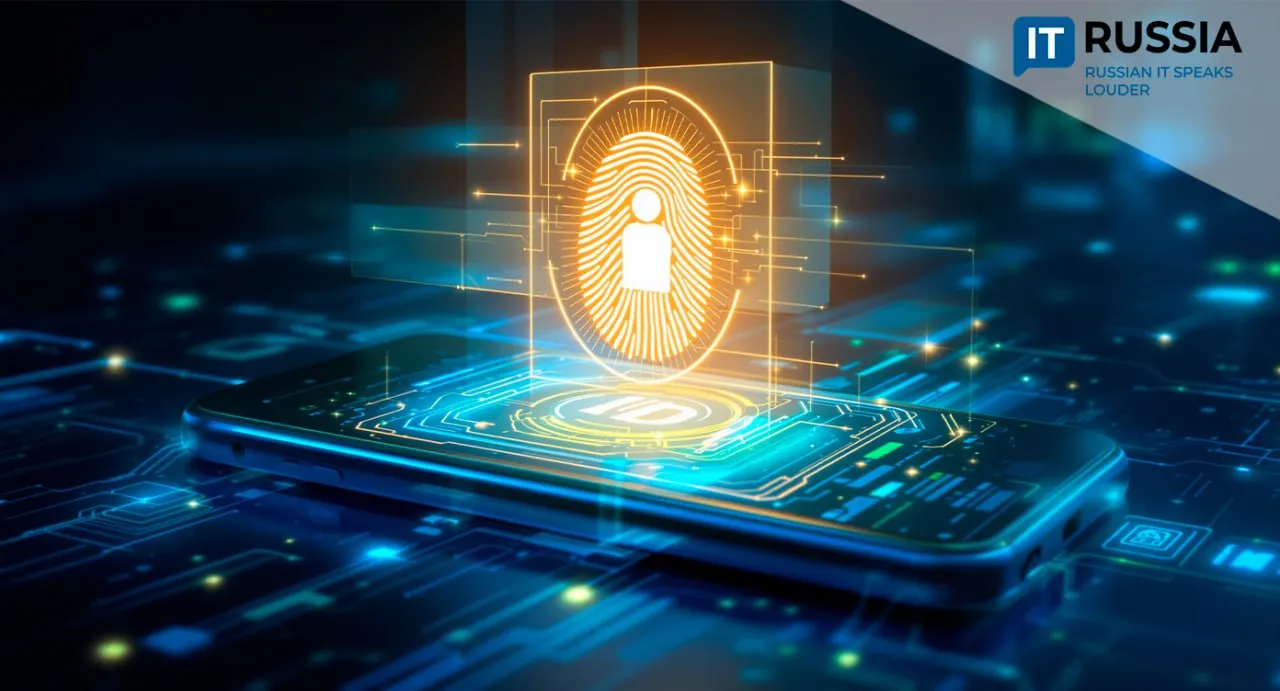“Digital ID” in Max Messenger: Your Mobile Wallet for Identity
In today’s world, smartphones already handle payments, tickets, and passwords. Russia is now taking the next step by embedding identity credentials directly into Max, its national messenger app, offering citizens a secure and convenient alternative to paper and plastic IDs.

How It Works
The Digital ID in Max is created in partnership with the Gosuslugi government services portal. To activate the feature, users simply update both apps, select “Digital ID” in their Max profile, and authenticate via facial recognition or fingerprint. The system then redirects them to Gosuslugi, where identity is confirmed against passport records. A dynamic QR code is generated within Max, serving as the official credential.
Versatility is the key benefit. The Digital ID can be used to verify age when buying alcohol or tobacco, access discounted transit passes, and soon for many more services. The pilot program launched on September 15 at Magnit retail stores in Moscow, St. Petersburg, and Krasnodar, with expansion to 300 locations nationwide in the coming months.
Overcoming Security Barriers
The digital credential is stored only on a single device, accessible exclusively through biometric authentication. The dynamic QR code cannot be forged—any screenshot produces only a blank white field.

Integration with Gosuslugi further reduces fraud risks by relying on official state records. Max itself is registered as certified Russian software, ensuring compliance with strict data protection and cybersecurity requirements.
Global Comparisons
Other countries provide useful benchmarks. Estonia has issued e-ID cards for more than a decade, enabling not just identification but also e-signatures and online voting. In Scandinavia, banking-based IDs such as Sweden’s BankID and Denmark’s NemID have become standards for both government and commercial services.
In China, WeChat Pay and Alipay embed “digital passport” functions tied to user accounts, applied in contexts ranging from travel through quarantine zones to fare payment and vaccination checks.

Roadmap for Rollout
Government support is a decisive factor. Russia has mandated that Max be pre-installed on all devices sold in the country starting September 1. This guarantees widespread adoption of the messenger and, by extension, the Digital ID.
The rollout is structured in phases. The first covers age and eligibility verification in retail. The second will expand to hotels, airlines, and social services. Future applications include loyalty programs, online registrations, and electronic bidding. By the end of 2026, tens of millions of citizens are expected to use Digital ID daily.
Building Russia’s Digital Identity Ecosystem
With identity credentials embedded in smartphones, paper passports can stay at home. Advanced encryption and biometric safeguards ensure both security and privacy.

The Digital ID in Max is part of Russia’s national strategy for a connected digital ecosystem. It illustrates how technology is reshaping daily life, offering convenience while reinforcing trust in state-backed digital services.










































